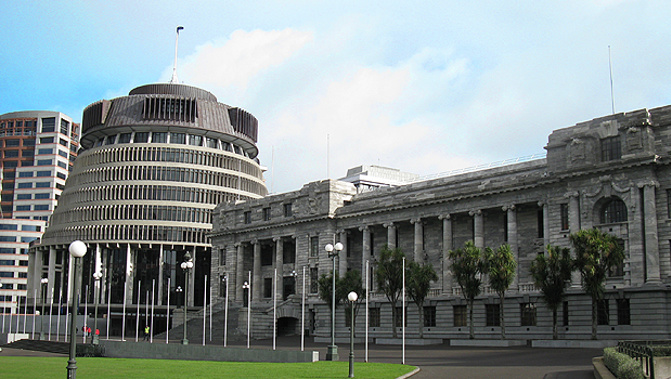
It could be the politics of envy but if that's the case it's probably justified.
There was a day when public servants were just that, servants of the public, where they could only look on in envy at their political masters' pay packets.
Today the reverse is true.
Take the Prime Minister's annual pay of $471,000, or nine grand a week, and compare that to the top paid public servant, the outgoing head of what used to be called the Cullen Fund Adrian Orr, who cracked 1.1 million bucks over the past year, or $21,000 a week.
To give him his due, Orr's taking a whacking pay cut to take over the Reserve Bank next, where he'll join 15 other public servants in the $600,000 + club, which will hardly put him on the bones of his proverbial.
Comfortably in that club is Peter Hughes, the man who's calling for restraint and who presides over the State Services Commission where the average annual salary's $135,000 a year.
But Hughes, who on several occasions has won accolades as the country's top public servant, is a man on a mission. He wants to effect change and, given his background of doing just that, he's the man to do it.
In a don't-mess-with-me release of the public service Senior Pay Report he's not impressed, mainly by those who've ignored his advice when it comes to repeatedly giving their bosses big pay rises. The name and shame report, Hughes reckons, will alert the political masters to the state entity boards who're operating like private rather than public companies.
The politicians appoint the boards and they can sack them as well, seems to be his message.
Hughes rightly argues those at the top of the public service shouldn't expect to be paid as much as those working in the private sector.
For starters, there's no risk attached to the job, other than falling out with the Minister who's poorly paid by comparison, and up until now they've been able to rely on a pay rise, on many occasions coming close to, or exceeding the average annual wage. On top of that most bosses get a performance payment; how that's measured is a little difficult to fathom.
Their enthusiastic new Minister Chris Hipkins, who himself earns less than any of the state sector bosses, is taking advice on how to rein in the top salaries.
Peter Hughes is adamant, pay levels at the top end of the state sector are too high - perhaps he could lead by example and take a pay cut himself.
Take your Radio, Podcasts and Music with you









